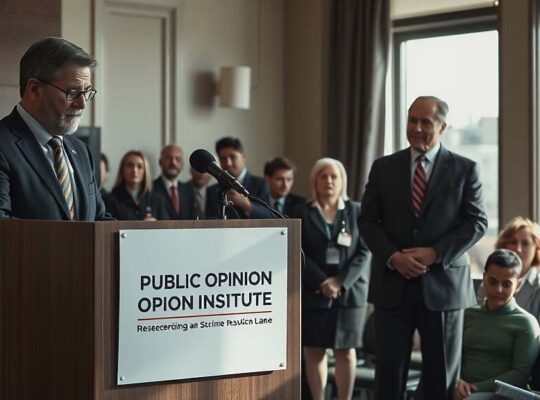A federal judge in Alexandria, Virginia, has dramatically overturned indictments against former FBI Director James Comey and New York Attorney General Letitia James, citing the invalidity of the appointment of interim U.S. Attorney Lindsey Halligan. The ruling, delivered by Judge Cameron McGowan Currie, throws a renewed spotlight on the legal limits of presidential power and the validity of interim appointments.
The core of the legal challenge rested on the argument that Halligan’s appointment by then-President Trump exceeded his constitutional authority. Under federal law, an interim U.S. Attorney can serve for a maximum of 120 days without Senate confirmation or consent of the district court. Halligan’s appointment, the defense successfully argued, occurred after that period had elapsed, rendering any actions she initiated legally unenforceable.
Judge Currie’s decision effectively declares all proceedings initiated by Halligan, including the indictments of Comey and James, as unlawful. While the cases were dismissed “without prejudice” meaning they could theoretically be refiled, the ruling presents a significant procedural hurdle and casts a considerable shadow on any future attempts.
The legal dispute exposes a critical tension between executive power and Congressional oversight. While the prosecution under Halligan’s watch maintained that the Attorney General possesses inherent authority to appoint qualified individuals and that the 120-day limit served as a mere check, Judge Currie’s ruling underscores the importance of adhering strictly to established legal processes.
Critics are already interpreting the decision as a direct consequence of Trump’s administration’s willingness to test the boundaries of executive action. The case raises broader questions regarding the potential for politically motivated appointments to circumvent established procedures and the crucial role of the Senate in confirming appointments to key legal positions. The ramifications extend beyond these specific individuals, serving as a warning about the potential for future challenges to the legitimacy of interim appointments made without proper Senate approval.












